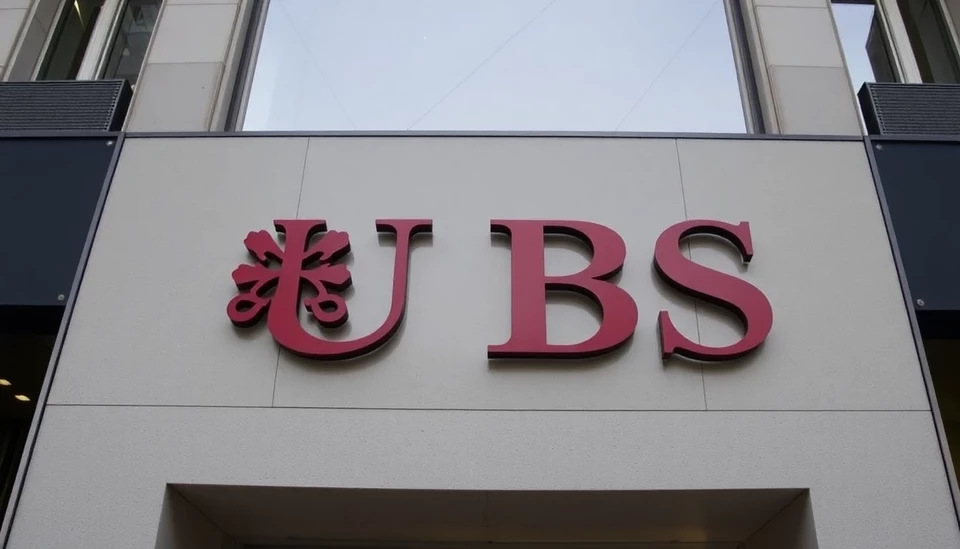
In a significant legal development, Swiss banking giant UBS is facing a criminal trial in France related to accusations of harassment against whistleblowers. This case comes against a backdrop of increasing scrutiny on corporate governance and the treatment of individuals who report misconduct within organizations.
The French judicial system has formally charged UBS with “moral harassment,” further illustrating the lengths to which financial institutions will go to protect their interests. This proceeding is set to unravel serious allegations regarding the conduct of the bank's executives in the wake of whistleblower reports concerning the bank's activities.
Whistleblowers play a crucial role in exposing wrongdoing, but often at great personal risk. In this instance, UBS is accused of employing tactics that allegedly sought to intimidate and retaliate against those who brought potential legal violations to light. Such practices raise serious ethical questions and highlight the ongoing challenges faced by those willing to expose unethical behavior within large corporations.
The implications of this case could extend beyond UBS, setting a precedent for how whistleblowers are treated in the financial sector. Many legal analysts argue that the outcome of this trial could influence corporate behavior across various industries, either encouraging greater protections for whistleblowers or, conversely, instilling deeper fears among potential informants regarding the repercussions of their disclosures.
The trial is poised to attract significant media attention, not only because of the high-profile nature of UBS as a leading financial institution but also due to the underlying issues of corporate ethics and the treatment of whistleblowers. Advocates for corporate transparency are keenly observing the developments as they could have a profound impact on future legislation aimed at protecting whistleblower rights.
The pre-trial phase has already revealed unsettling details about the internal culture at UBS. Allegations suggest that the bank's management fostered an environment where whistleblowers were not only dismissed but actively undermined. This creates a chilling effect that may deter others from reporting misconduct, thereby perpetuating a cycle of silence within the organization.
UBS has consistently denied the accusations, asserting that they are committed to safeguarding a culture of integrity within their operations. The bank argues that the claims of harassment are unsubstantiated and emphasizes its policy of encouraging employees to speak out against unethical practices without fear of retaliation.
The trial is set to commence in early 2024, and observers from both the legal and financial sectors are eager to see how the case unfolds. The outcome may not only affect the reputation of UBS but could also lead to systemic changes in the way financial institutions handle whistleblower reports in the future. With public trust in major financial institutions already fragile, the stakes in this trial are exceptionally high.
As the case progresses, all eyes will be on UBS and its legal strategies as they confront these serious allegations. The repercussions of this trial could resonate far and wide, shaping policies and practices surrounding whistleblower protections throughout the corporate world.
In conclusion, this legal battle poses critical questions about ethical corporate behavior, the importance of safeguarding whistleblowers, and the potential consequences for organizations that fail to promote an honest and transparent work environment. The world will be watching closely as the trial begins and unfolds.
#UBSTrial #WhistleblowerProtection #CorporateEthics #LegalNews #FinancialInstitutions #IntegrityInBusiness
Author: John Harris




